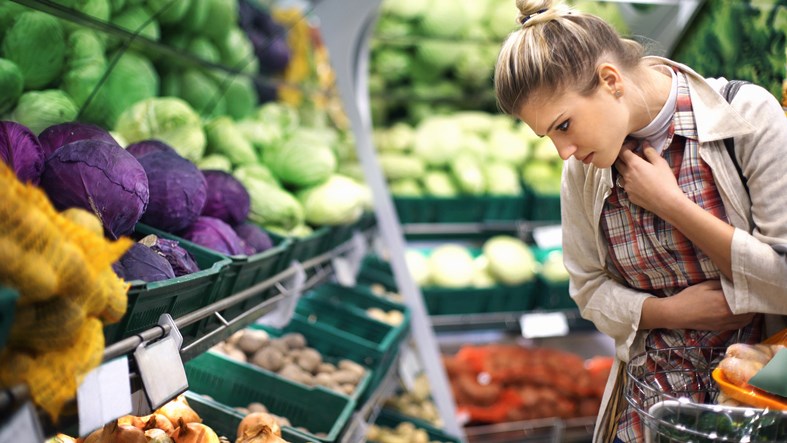Security of Canada’s food supply is often taken for granted, according to a study by a Calgary agricultural centre.
The study by Kerri Holland of the Simpson Centre for Agricultural and Food Innovation and Public Education notes Canada’s agri-food industry is well positioned to adapt to the present COVID-19 crisis but “challenges caused by COVID-19 have highlighted vulnerabilities in the food supply chain.”
Labour shortages caused by immigrant worker delays in arriving here, shifts in panic consumer demand and slowdowns/closures at processing plants exposed vulnerabilities and put financial pressure on primary producers.
The beef processing sector with two plants processing 70 per cent of cattle is particularly susceptible.
“Government support of Canadian agriculture has been largely inadequate in alleviating the financial impact on farmers.”
As the fifth-largest food importer and exporter in the world, Canada has developed a continuous food supply but disruptions such as mass food service closures forced dumping of milk and mushrooms while meat shortages were feared when processing plants closed over COVID-19 outbreaks.
A $5 billion lending boost announced by the feds pushed farmers deeper into debt as 4,800 deferred $4 billion in loan payments. Farm debt was already a record $106 billion.
The $252 million Agri-recovery package for pork and beef sectors didn’t make up for losses of $650 million by pork farmers and $500 million by beef producers.
The federal government should consider more financial assistance to farmers beyond the business risk management programs in place.
And the study argues the federal government should use its export capacity as a strategic opportunity to negotiate removal of trade barriers on oilseeds, grains and pulses.
The study concludes there is need for a comprehensive national agri-food strategy and action plan to deal with the 2.3 million employees in the industry generating almost one in every $7 of income in Canada.
Ron Walter can be reached at [email protected]

.png;w=120;h=80;mode=crop)


